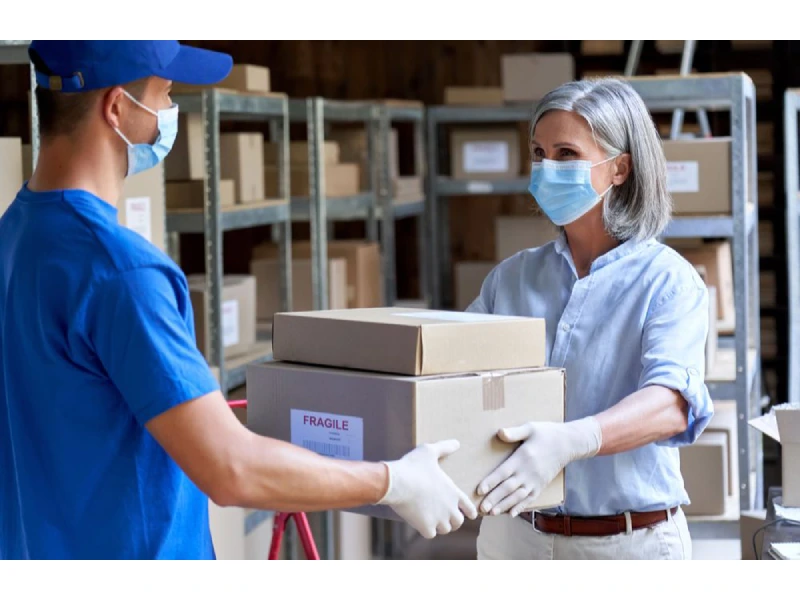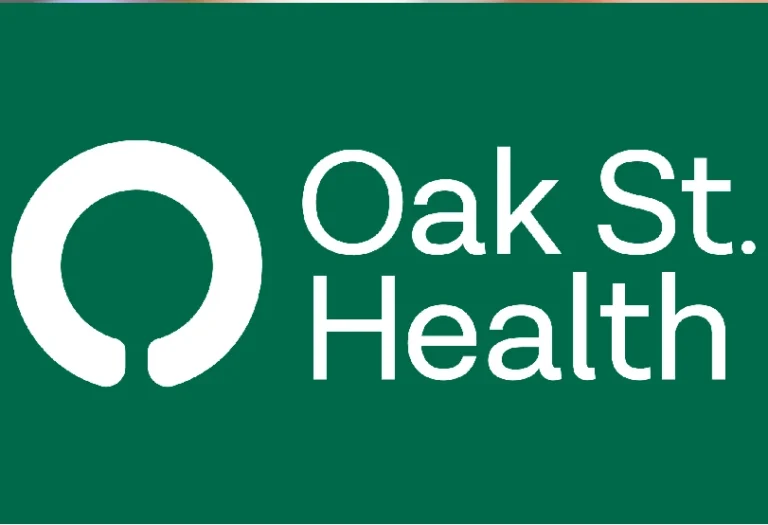
Introduction
Health care logistics is often the hidden lifeline of modern medicine. Every hospital bed, syringe, ventilator, and vial of medication arrives thanks to a carefully managed logistics system. Without it, patient care slows, treatments are delayed, and critical supplies risk being unavailable when needed most.
In simple words, health care logistics is the planning, coordination, and delivery of medical supplies, equipment, and medicines from manufacturer to patient. It’s far more complex than moving consumer goods because even the slightest delay or mistake can put lives at risk.
This article will walk you through what healthcare logistics is, why it matters, its challenges, best practices, and where it’s headed in the future.
What Is Health Care Logistics?
Health care logistics covers the entire supply chain in health care from sourcing raw materials for medicines to delivering the final product to patients. Unlike traditional logistics, it requires an uncompromising focus on safety, precision, and timing.
Key Components of Health Care Logistics:
- Medical supply chain management – planning the movement of drugs, devices, and consumables.
- Transportation and distribution – ensuring timely and safe delivery.
- Inventory and warehouse management – keeping the right stock at the right place.
- Cold chain logistics – handling temperature-sensitive products like vaccines.
- Digital tracking systems – ensuring visibility and accuracy across the supply chain.
👉 Example: Delivering groceries late causes inconvenience. Delivering insulin late could cost a life. That’s the difference health care logistics makes.
Why Health Care Logistics Matters More Than Ever
Efficient logistics in health care ensure that hospitals never run out of life-saving supplies and patients receive treatment without delay. Today, it’s more important than ever due to:
- Rising Patient Expectations – People expect fast, reliable, and personalized health care.
- Global Health Crises – Pandemics and natural disasters disrupt supply chains.
- Increasing Complexity – A growing range of medical devices and biologics requires specialized handling.
- Regulatory Demands – Governments require strict tracking of drugs and medical equipment.
“During the COVID-19 pandemic, vaccine distribution highlighted both the strengths and weaknesses of global health care logistics systems. The challenge wasn’t producing the vaccine—it was delivering it safely, everywhere, on time.”
Key Elements of Effective Health Care Logistics
Medical Supply Chain Management
The medical supply chain includes manufacturers, distributors, hospitals, and patients. A single disruption—like a missing batch of surgical gloves—can halt surgeries. Strong supply chain management reduces risks, controls costs, and guarantees care continuity.
Cold Chain Logistics in Health Care
Many medicines, vaccines, and blood products require strict temperature controls. This is called cold chain logistics.
- Vaccines must stay between 2°C–8°C during storage and transport.
- The Pfizer-BioNTech COVID-19 vaccine needed storage at -70°C, which required ultra-cold freezers and specialized containers.
Transportation and Distribution
Health care logistics often involves dedicated vehicles, air transport, and secure couriers. Unlike standard shipping, delays aren’t acceptable—an organ for transplant, for example, has a limited window for delivery.
Inventory and Warehouse Management
Hospitals can’t afford to overstock (waste) or understock (shortages). With advanced warehouse systems, supplies can be tracked in real time using barcodes, RFID, and IoT sensors.
Digital Health Care Logistics Solutions
Modern health care logistics is powered by technology:
- AI predicts shortages before they happen.
- Blockchain prevents counterfeit drugs from entering the supply chain.
- IoT enables live tracking of shipments, even monitoring temperature and humidity levels.
Challenges in Health Care Logistics
Despite advancements, health care logistics face unique hurdles.
| Challenge | Impact on Health Care | Example |
|---|---|---|
| Rising costs | Strains hospital budgets | Higher shipping costs for vaccines |
| Regulations | Slows down processes | FDA compliance checks |
| Supply shortages | Directly affects patient care | PPE shortage during COVID-19 |
| Security risks | Counterfeit drugs in markets | Fake malaria medicines in Africa |
Case Study:
During a major hurricane in the U.S., a hospital lost access to its primary supplier. Thanks to its secondary logistics partner, it quickly sourced emergency oxygen tanks and blood supplies. This redundancy saved dozens of lives.
Best Practices for Improving Health Care Logistics
Embrace Technology and Automation
- AI-driven forecasting tools for supply needs.
- Automated warehouses for faster handling.
Strengthen Supplier Relationships
Building trust with multiple suppliers prevents over-reliance on one source. Many hospitals now keep backup suppliers to reduce risks.
Optimize Transportation Routes
Using route optimization software lowers costs, saves time, and ensures medicines reach patients faster.
Train Health Care Staff in Logistics
Even doctors and nurses should understand the basics of inventory management. A nurse trained in logistics can prevent stockouts during emergencies.
The Future of Health Care Logistics
The future promises smarter, greener, and more patient-focused logistics systems:
- AI & Robotics – fully automated warehouses for medical supplies.
- Drone Deliveries – transporting blood and medicines to rural areas.
- Sustainability – reducing waste with eco-friendly packaging and electric vehicles.
- Patient-Centered Logistics – delivering medicines directly to homes, enabling remote care.
“In the future, health care logistics won’t just move supplies—it will deliver care closer to patients.”
Conclusion
Health care logistics is more than just moving boxes. It’s about ensuring that the right medicine, equipment, or organ reaches the right patient at the right time. From cold chain logistics for vaccines to AI-powered supply tracking, logistics is shaping the future of health care delivery.
Hospitals, governments, and suppliers that invest in smarter health care logistics will not only save costs but also save lives.
FAQs on Health Care Logistics
Q1: What does health care logistics include?
It includes supply chain management, transportation, inventory, and specialized handling of medical products.
Q2: Why is the cold chain important in health care logistics?
Because many vaccines and biologics lose effectiveness if not kept within specific temperature ranges.
Q3: How does technology improve health care logistics?
AI, IoT, and blockchain ensure accuracy, transparency, and real-time monitoring of medical supplies.
Q4: What challenges are unique to health care logistics?
Strict regulations, product sensitivity, and the life-or-death nature of deliveries.


